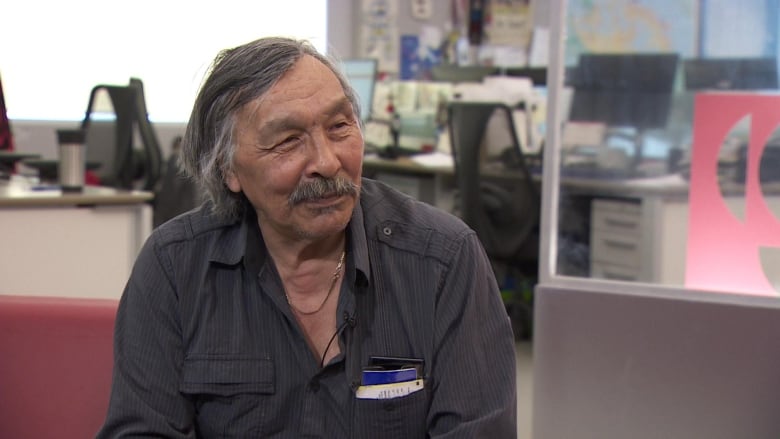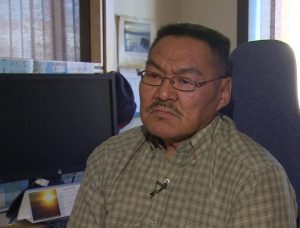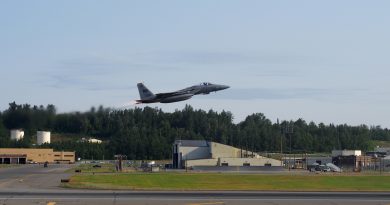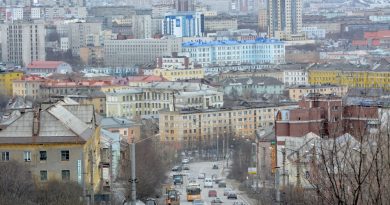Tuberculosis: Inuk man identifies mother’s burial site in southern Canada, 61 years later

Jack Anawak has waited more than 60 years to know where his mother is buried.
Anawak, a well-known figure in Nunavut politics who was born in the community of Naujaat, says he was about five years old when he last saw his mother. She was taken away on a plane for tuberculosis treatment in southern Canada, he said.
A local priest later told him she would never return: she had died while away, on March 8, 1958.
Sixty-one years later, to the day, Prime Minister Justin Trudeau delivered an apology on behalf of Canada to Inuit for their mistreatment under federal tuberculosis policy in the mid-20th century.
Anawak determined where his mother was buried through a program that was bolstered with the promise of more funding when the prime minister delivered his apology.
He had enrolled in Nanilavut, which means “let us find them.” The program connects Inuit, through a federal database, with the grave sites of family members lost under Canada’s tuberculosis policies of the day.
“When we were informed … there was a great sense of happiness, and [knowing] that we will be going to see the grave, also knowing that she is there … we felt lighter,” Anawak said of the reaction he and his sister had upon discovering where their mother was buried.
“Something that felt like a great weight had been lifted up. That had been there for a long time; it was not there anymore.”
It was only days after enrolling in Nanilavut that Anawak was able to confirm his mother’s burial at the Oak River Cemetery near Brandon, Man.
“We now know where she is … it is wonderful,” Anawak said in Inuktitut. “There is a great feeling to it … a heavy burden was lifted.”
Anawak says he will visit his mother’s grave in June.
‘Closure and healing’

The program uses a federal government database comprising more than 4,000 records of Inuit who went south for treatment (not all failed to return home).
Joanasie Akumalik, a Nanilavut program manager, helps connect the relatives and descendents of those who never returned with more information.
“The project helps the Inuit have a closure and a healing process for finding lost loved ones,” Akumalik said.
Akumalik often doesn’t have much to go on, sometimes only a first name and an “E-number” — a small token with a stamped identification number some Inuit were given to wear as a medallion.
Akumalik said there are program liaisons in every Nunavut community to help fill out forms. Money is also available to arrange travel for select family members to visit burial sites if they are discovered.
Akumalik says the program is registering at least two families every week. He encourages Nunavummiut to see their local Inuit organization to apply.
Written by Walter Strong, based on interviews by Jordan Konek
Related stories from around the North:
Canada: Canada’s PM apologizes to Inuit for ‘colonial’ mistreatment of tuberculosis patients, CBC News
Finland: Cancer rates in Arctic Finland below average, YLE News
Russia: Mass vaccination against anthrax continues on Yamal Peninsula, The Independent Barents Observer
Sweden: Fewer people suffering strokes in Sweden, Radio Sweden
United States: Alaska TB rate dips but still among the U.S. highest, Alaska Public Media



Jack: I am very pleased that finally you were able to find your mother. It took a long time for you. Good luck. DONAT SAVOIE